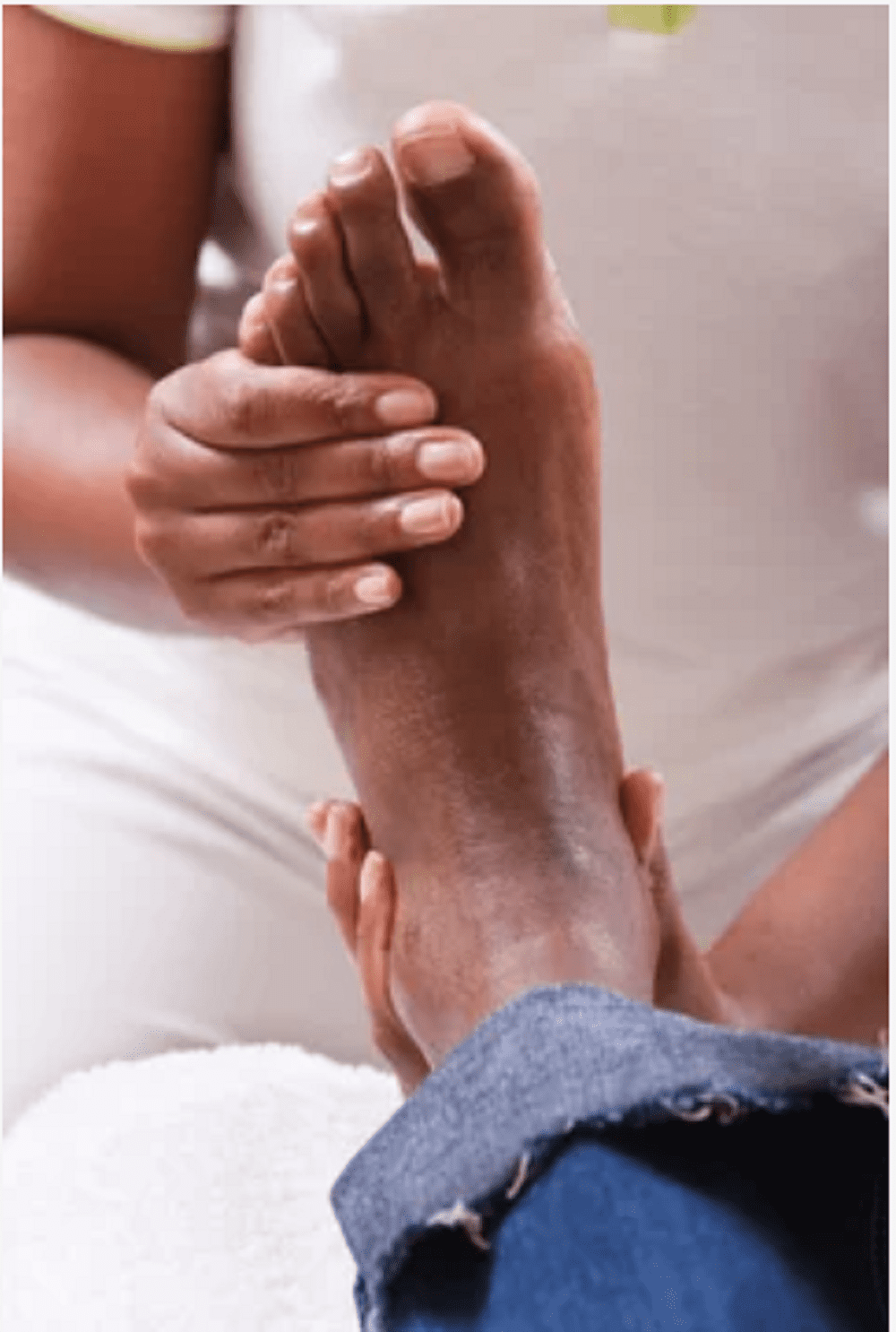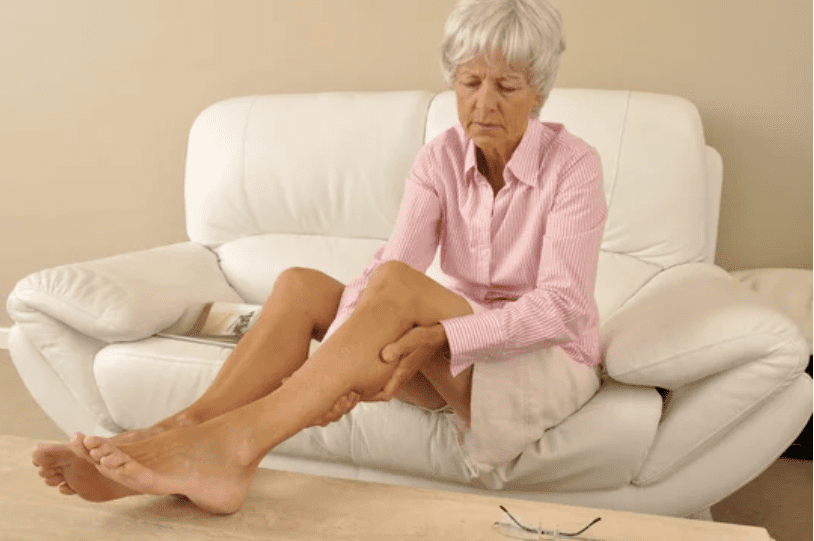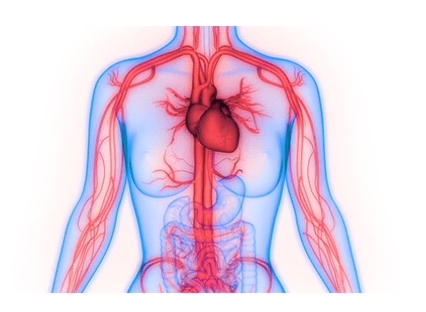
Depression and leg pain are linked

According to a study done by the National Center for Health Statistics, nearly one out of every ten males suffers from depressive symptoms, with fewer than half wanting to seek treatment. Men's emotions of sadness and anxiety have been observed to grow as they age, especially after the age of 65. Furthermore, according to a research released by the National Center for Biotechnology Information (NCBI), 85 percent of chronic pain sufferers suffer from moderate to severe depression.
Unfortunately, due of the taboo and cultural stigma surrounding men's mental health, many individuals avoid discussing it. As a result, medical organizations must place a greater emphasis on spreading awareness regarding men's mental health. It's critical to recognize how tough it is to live with chronic pain and depression, as well as how underlying health conditions are frequently the source of these symptoms.
Peripheral artery disease (PAD), a common vascular disorder affecting the legs and feet, can cause significant discomfort and limited movement, severely impacting men's mental health and physician health. Chronic pain and mental health are inextricably linked, which is why it's critical to provide helpful tools for men who are depressed.
The link between chronic pain and mental health deterioration was clearly demonstrated in a recent WebMD article. The vascular health of persons with moderate to severe depression worsened when they were too tired to get out of bed or participate in routine daily activities.
Sedentary behavior, smoking, and eating a poor diet are all factors that contribute to peripheral arterial disease. These habits are frequently connected to male depression in men aged 50 and over. Depression with aging is a difficult topic to study since there are few research that indicate how serious it is, as well as how it is connected to the development of PAD.
Whether you or a family member has been dealing with chronic pain and mental health issues for some time, it's vital to be aware of the indications of depression in men over 40, which include:
Sad, guilty, or empty inside.
Loss of pleasure from enjoyable activities or hobbies
Sleeping excessively or insufficiently.
I'm having trouble concentrating.
I'm feeling more tired than normal.
Aggression or irritation directed at friends or family members.
Participating in high-risk activities such as gambling or drug use.
Social settings and family gatherings are avoided.
Stress might seem oppressive or overwhelming.
These are just a handful of the numerous indicators that a guy over 40 is depressed. It's vital to remember that everyone is different and that aging, and sadness might occur at different times in one's life. Check in on your loved ones and pay attention to any changes in their behavior that might be affecting their everyday lives.
We are just a call or click away. To learn more, book an appointment online or over the phone with PeachState Advanced Cardiac & Endovascular. We have several locations in Georgia: Newnan, Atlanta, & Griffin.
You Might Also Enjoy...


Should I be worried about my numb feet?

Can leg cramps be a sign of something serious?

Meet Dr. Odiete - PACE Cardiovascular Specilaist

Keeping your Vascular System Healthy


